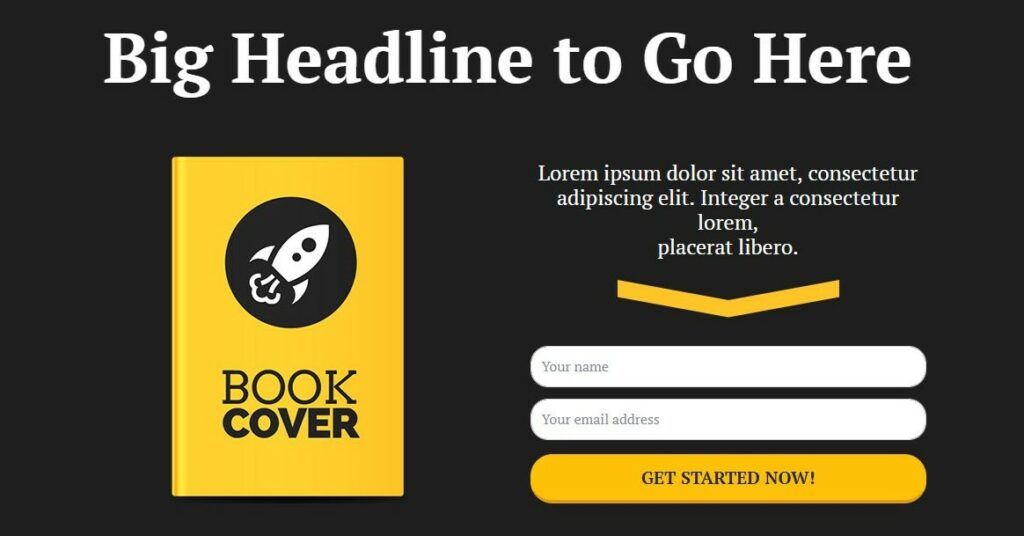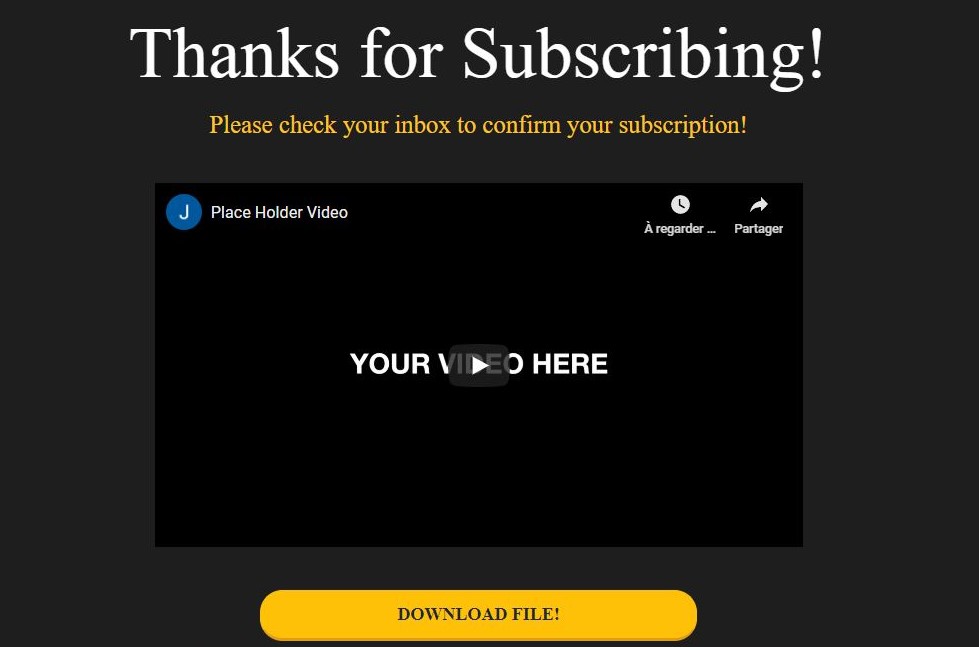 When you are getting started in the online world, there is a ton of information to learn. You are entering a world of continuous learning. To help you learn faster, I made a little glossary including the most common terms you will hear during your journey.
When you are getting started in the online world, there is a ton of information to learn. You are entering a world of continuous learning. To help you learn faster, I made a little glossary including the most common terms you will hear during your journey.
Starting an online business can get overwhelming when you start reading and you see words you don’t understand. This is why I had the idea to create the Top words to know related to online business.
It is not an exhaustive list. Some terms are basics and easy to understand. Some terms you may already know. I just want to make sure everyone is on the same page here. Enjoy!
*May contain affiliate links. Clicking on the affiliate links will most likely result in the same price you would pay elsewhere or you may get a special offer using those links.
Affiliate Marketing: When a person is promoting someone else’s products through an affiliate link and gets commission when a purchase is made with that link. I wrote an article about that. You can read it here.
Audience: This is the people you are creating content for and promoting to.
Automation: A time saver option. You can determine when, where and who for every piece of content you create. There are many options available for automation. You can start with scheduling your posts for your Instagram and Facebook accounts directly in your business accounts.
Autoresponder: A great tool to use to be able to promote your offers to your subscribers. You want an autoresponder when you are doing email marketing and you need so send multiple emails at once. You can also automate the process.
Blog: On a website, the articles you are creating are often called blogs or blog posts. They are pieces of content related to the same main topic that you create regularly and share on the world wide web.
Conversion Rate: That’s the percentage of people that took action from all the ones who got the information (from an email or from an ad). For people to buy a certain product from an ad, you can expect a 2% conversion rate. So if 1,000 people click the link, 20 will buy.
Copywriting: This refers to all the content you are creating. It was used for the content on sales pages but now, as an affiliate or business owner, it’s for everything you have to write. I wrote an article on copywriting here.
CPC: Cost per Click. When you start running ads, this is the total investment/number of clicks. For example, if you invest $1,000 in ads and 2,000 people click your link, your CPC is $0,50.
CPL: Cost per Lead. How much money you have to spend to get a lead. The cost for each person interested in the action you want them to take. For example, subscribing to your email list. Investment/number of leads. You invest $1,000 and you get 500 subscribers, your CPL is $2.
CPA: Cost per action. This is an alternative way to make money. You need to drive traffic to a specific place and when people take action, like clicking a link, filling a form, you get paid.
CPA also stands for Cost per Acquisition, meaning the same as Cost per Lead, depending on the platform you see it.
CPS: Cost per Sale. To determine how much money each sale cost you. Total ads investment/number of sales. With $1,000 on ads, you get 10 sales, your CPS is $100.
CTA: Call to Action. It’s the phrase you use to make people do something, like leave a comment, click here, etc.
CTR: Click Through Rate. The number of people who clicked on your link.
EPC: Earnings per Click. When you want to invest in ads, you want to know that number as it tells you how much you can afford to spend on ads. You need your total commission/total links clicks. You earned $1,000 and 5,000 people clicked your links, your EPC is $0,2.
FUNNEL: The steps a person has to go through to end up on the sales page or on the end result you are looking for. It can be as simple as an ad and when you click, you are on the product page. It can also be much longer with more steps.
High Ticket: It’s an offer that costs over $497. Sometimes offers can be considered high ticket at $297, since everybody cannot afford them.
Keywords: Useful words you want to include in the content you are creating on a topic. They help you get found on search engines like Google.
KPI: Key Performance Indicators. These are the numbers you want to keep an eye on to make sure you are on the right track. The most common ones are the CPL, EPC, CPC and ROI.
Lead: A person interested in what you have to offer is a lead. It can be a new follower on your social media accounts, it can be a new subscriber on your email list, etc.
Low Ticket: An offer that costs less than $497 or $297. Something affordable people can easily buy.
Metrics: Numbers you want to know about everything related to your business. It’s the statistics, the mathematics.
Monetization: The actions you take to earn money. It’s also the different ways to earn money online. It can be many things like having affiliate links in your blog, using Google AdSense, etc.
Niche: The topic you will talk about for the next couple years. You can read my article on choosing a niche here.
Opt-in page: The place, the page, where people give you their email address.
Organic: This term is used with traffic. It means that you didn’t pay to get people to click your links.
ROI: Return on Investment. The amount of money you earned/the amount of money you spent. You spent $1,000 on ads and you earned $2,500, your ROI is $2,5 for each $1 invested.
SEO: Search Engine Optimization. The steps you take to make your content easily found by search engines. You can read about it here.
SERP: Search Engine Results Page. This is the results page from different search engine like Bing, Yahoo! and Google.
Targeting: It’s the process used to target the people who are most likely to buy from your links.
Traffic: The number of people that see what you are doing. It can be on your website, on your social media posts, on your ads, etc.
TYP: Thank You Page. Mostly used with an Opt-in page. It’s the place where the person lands when you capture their email adress. It can be used as a transition to a sales page.
Upsells: All the products or services you can or you have to buy once you have purchased the primary item. It’s often used with online training. You buy a $67 course, you get access to a platform and then you can buy a $97 training or a $27 course. Upsells are everything that someone would want to buy that is not already included on the original offer.
There you go. Now you have more knowledge on words that are used in the online business world.
Once you make the decision to become an entrepreneur, you enter a world where you have to be learning every day. This glossary will help you stay on track whenever you may feel lost or if you ever forget what a word means.
Did I forget any? Let me know in the comments and tell which words you learned about reading this post.
Cynthia

Hi Cynthia. Very interesting article. I’m just starting my adventure with digital marketing and there are so many things I need to learn. And post like these makes my life much easier. Thank you for your clear and transparent summary of most important definitions of affiliate marketing world. I’m sure it will be useful for every beginner who wants to be successful.
Thank you Cogito! I felt it was important to explain these concepts as easily as possible. When you get some training, you hear them all the time and it can be frustrating not being able to understand them.
Best wishes on your journey in the online business world!
Cynthia